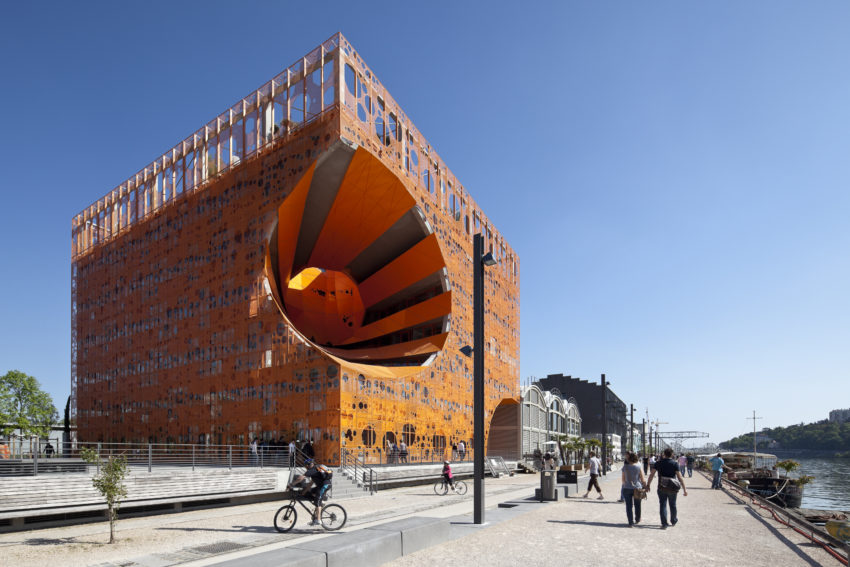Both the second-largest metropolitan area and the second-busiest convention city in France, Lyon is a UNESCO World Heritage city which has been attracting the attention of international associations for some time. Situated at the confluence of the Rhone and Saone rivers, it is a key location for biotechnology companies and headquarters to a variety of international organisations. It was recently awarded the coveted title of ‘European Capital of Smart Tourism’.
But what does Smart Tourism actually mean? Well, practically speaking, it means implementing and promoting sustainable practices in several key areas of tourism. And that’s exactly what Greater Lyon and Lyon Convention Bureau have worked hard to do for a number of years, developing responsible tourism and a range of activities that are adapted and accessible to all.
Lyon has, in fact, been performing quite well in four key areas, namely sustainability, accessibility, digitilisation and cultural heritage. The city, indeed, promotes environmentally friendly and responsible transport, with its bike rental or car-sharing system, e-scooters, and the Vaporetto river shuttle, as well as accessibility for people with disabilities. Lyon’s connectivity is also one-of-a-kind, with the development of, for instance, OnlyLyon Expérience, a destination CRM system that is unique in Europe,with which visitors can explore the city with personalised advice directly on their smartphone.
Eco-responsibility all over
The emphasis is on eco-responsibilty across the whole supplier chain as well. In that regard, the organisers of the famous Fête des Lumières (Festival of Lights) and numerous other festivals are committed to improving their carbon footprint. Meanwhile, restaurants that serve seasonal and local food are encouraged to come forward.
No wonder Lyon recently made the Global Destinations Sustainability Index, which recognizes the efforts of its members to improve their commitment to sustainability by listing them on an index of comparison with other destinations. Many businesses use this index to assess the sustainability of possible partners and it has quickly become an invaluable tool for the meetings and events industry.
As Valérie Ducaud, Manager of Lyon Convention Bureau, put it, Lyon’s participation to the Index “aims to build on top of our selection as the European Smart Tourism Capital, and accelerate (the city’s) efforts to boost digital innovation, accessibility and environmental stewardship, and to work to become an even more sustainable and smart events destination.”
As France’s second city for conferences, Lyon offers a unique combination of business and culinary pleasure that makes congress participants enjoy a truly French experience. The epitome of this? The Cité Internationale de la Gastronomie, which is opening this fall in the Grand Hôtel-Dieu, a former hospital, and which willexamine how gastronomy plays an integral part in the world.
The site will house exhibitions and cultural events, an Intercontinental Hotel, restaurants and shops, conveying a ‘modern vision of gastronomy… as well as a conference centre. The project is an integral part of the Vallée de la Gastronomie (Valley of Gastronomy) which is currently being discussed at regional level. From Dijon to Cassis, it’s set to become “an international destination based on experience.” As such, it will rely on the gastronomic cities of Dijon and Lyon, as well as a range of activities around wines, local know-how and catering.
This article was written by Boardroom Chief Editor Remi Deve. The right to use, part or all of it in subsequent works has to be granted by the Publisher.
